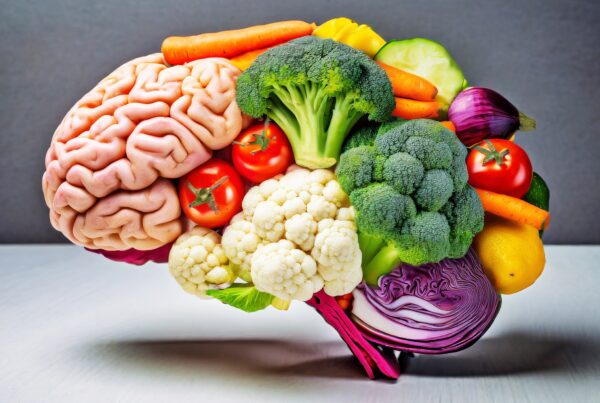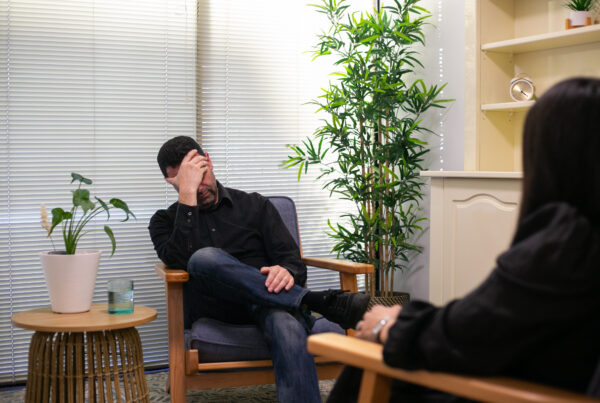Depression is one of the most common mental health conditions in Australia where as many as one in seven people experience depression at some point in their life.
There are lots of different reasons why someone might experience depression including difficult life circumstances and events, family history, personality, chronic health problems, and changes in brain chemicals.
Depression can feel different to each person, and while low mood and sadness are normal human emotions, changes associated with depression usually last several weeks or more. Some common signs of depression are low mood, feeling sad, feeling numb, losing interest in almost all activities, feelings of worthlessness and hopelessness, agitation, feeling slowed down, suicidal thoughts, foggy thinking, and changes to sleep, weight and appetite.
The feelings of depression can bring about some major changes to your life. Many people struggle with their feelings and avoid going out or spending time with family and friends, use substances to feel better, and experience negative and critical thoughts. It is normal for your energy and motivation levels to go down and you may not feel like doing the things you used to like doing. This means you miss out on enjoying pleasant feelings and positive experiences, and feel more and more disconnected from the things that matter in your life. This can make your depression worse and it can spiral out of control.
The good news is that there are lots of things you can do to boost your mood, feel better and stay well. One of the easiest and most effective ways you can boost your mood is by increasing your activity levels. Getting some exercise such as going for a brisk walk or going to the gym can make a huge difference in how you feel because it may increase your level of brain serotonin which helps to regulate mood, sleep, libido, appetite and other functions. Spending time with people you care about can also make a big difference, even making a phone call or sending a message to a friend can help. It is also important to do simple things you like such as taking a relaxing bubble bath, making a hot chocolate, or teaching your dog a new trick.
If you have tried some of these things but you are still struggling, then it would be best for you to seek some professional help. Your GP may be a good place to start as they can be a safe and familiar person to discuss your feelings and help you decide which support options would be best for you.
You may consider seeking support from a psychologist who can help you to understand what is happening in your life, and use evidence-based strategies to boost your mood and help you to feel better. Some common strategies to address feelings of depression include creating a schedule of activities to help you to stay active, problem solving to address difficult life circumstances, assertive communication skills training to help you to communicate more effectively, and safety planning to ensure that you are safe and know how to reach out for help if you need extra support in between sessions. See our resource page if you need contacts now.
It can also be helpful learning to not listen to the negative and critical thoughts that sometimes show up with depression. Your psychologist can teach you ways not to feel so overwhelmed with your internal experiences.
So, if you think you might be experiencing depression or are struggling with difficult thoughts, feelings, or emotions then the sooner you reach out for help, the sooner you can reconnect with the people you care about and the meaningful things in your life. Have a look at our Sydney Psych Hub psychologists profile page to see if there is a psychologist who can take the time to understand who you are as a person and overcome life’s challenges to achieve your personal goals and reach your full potential.




